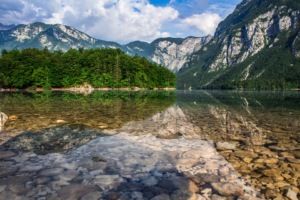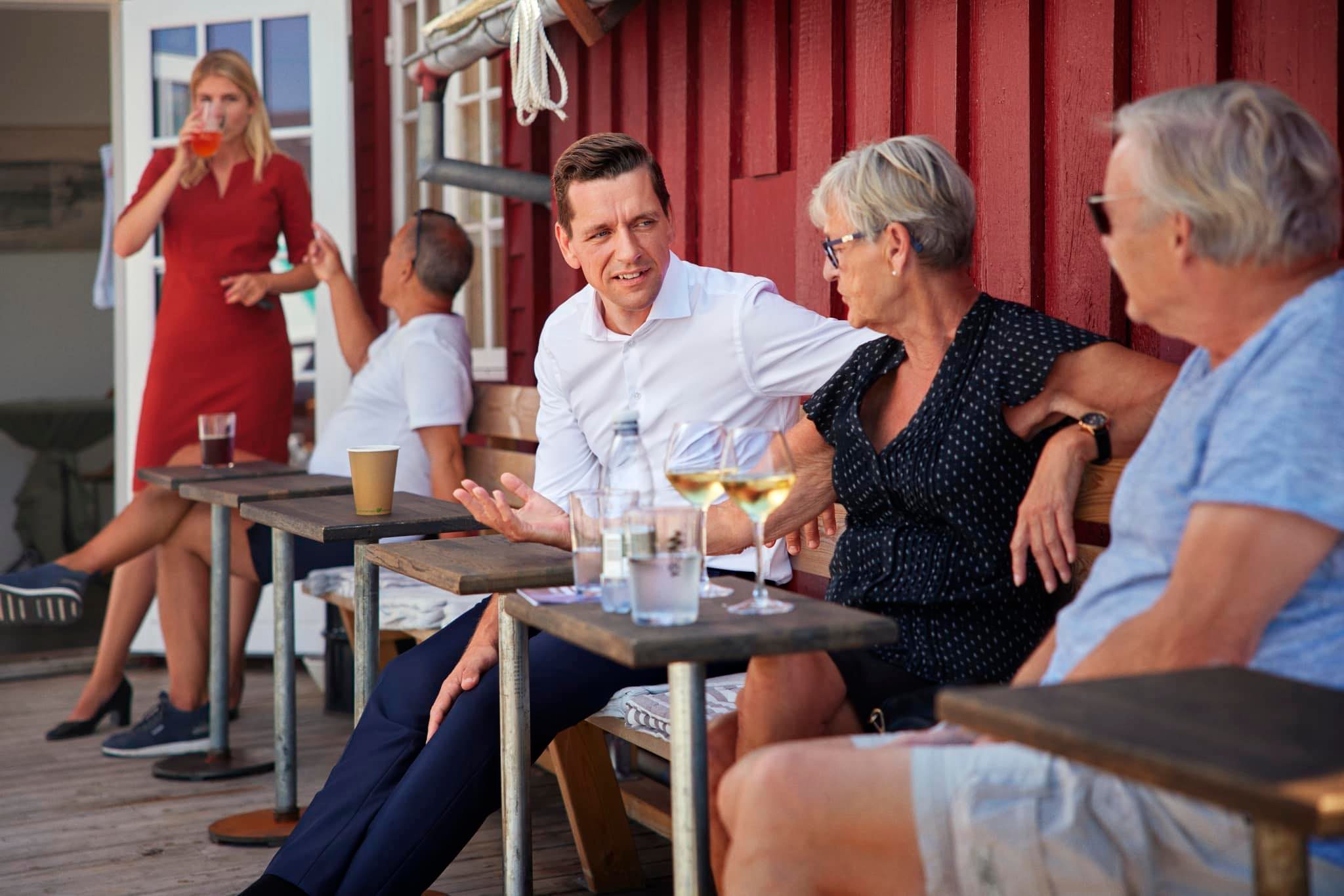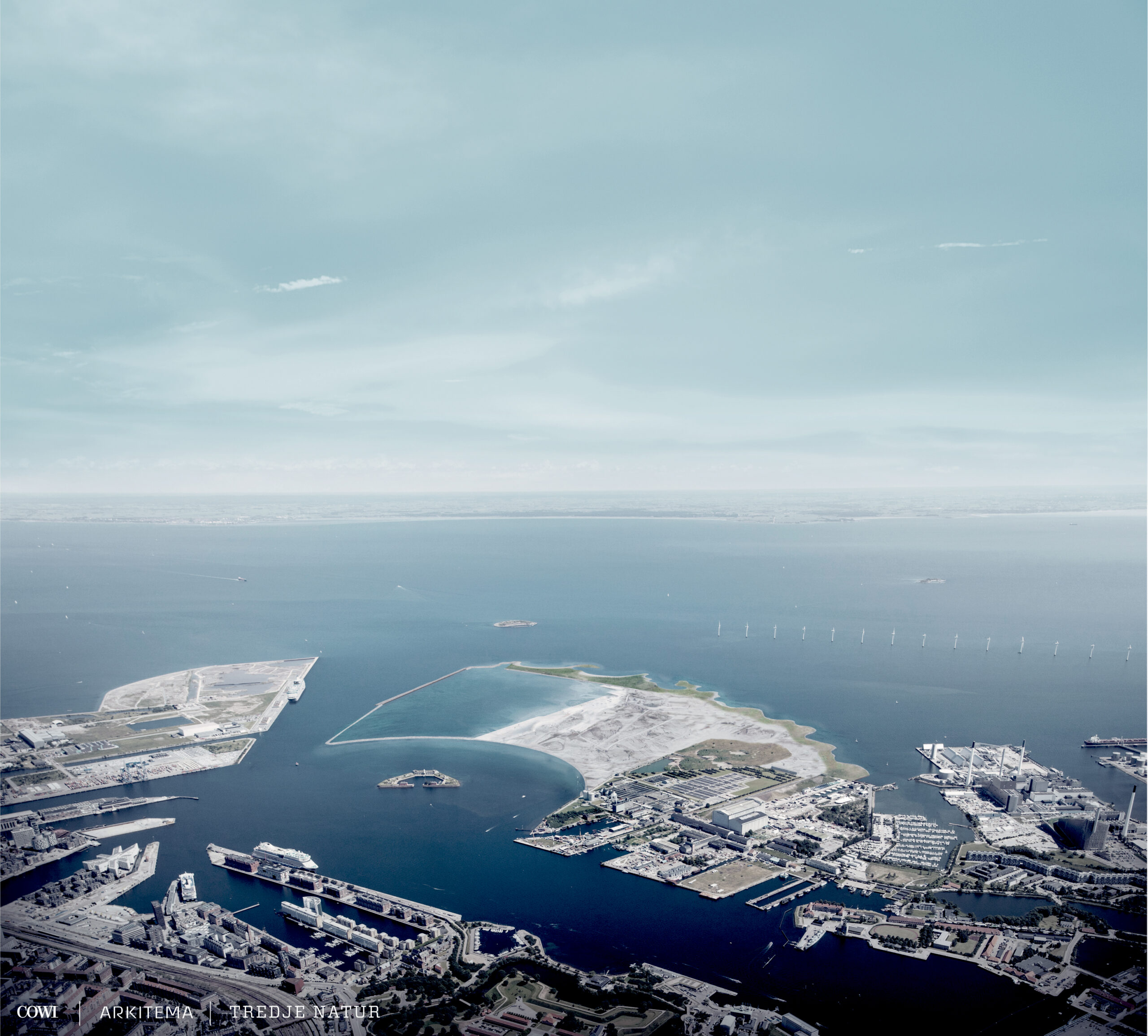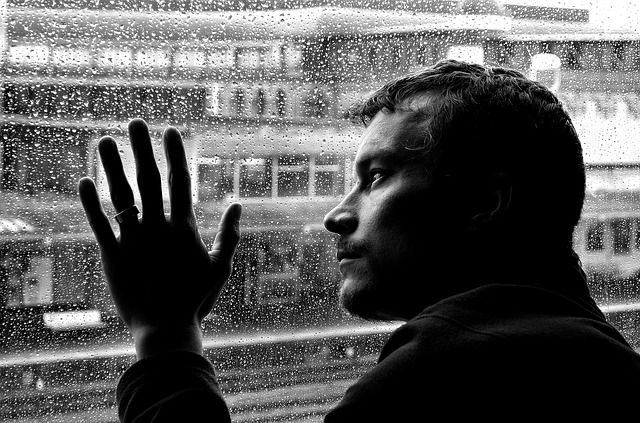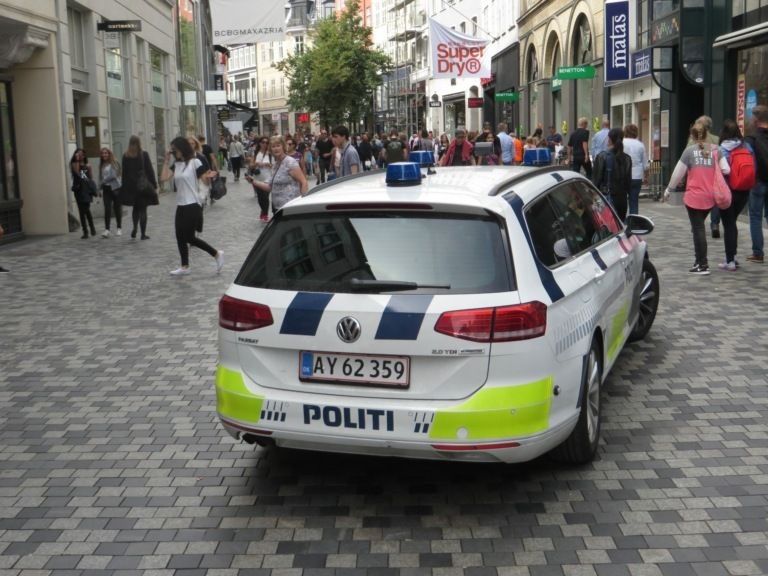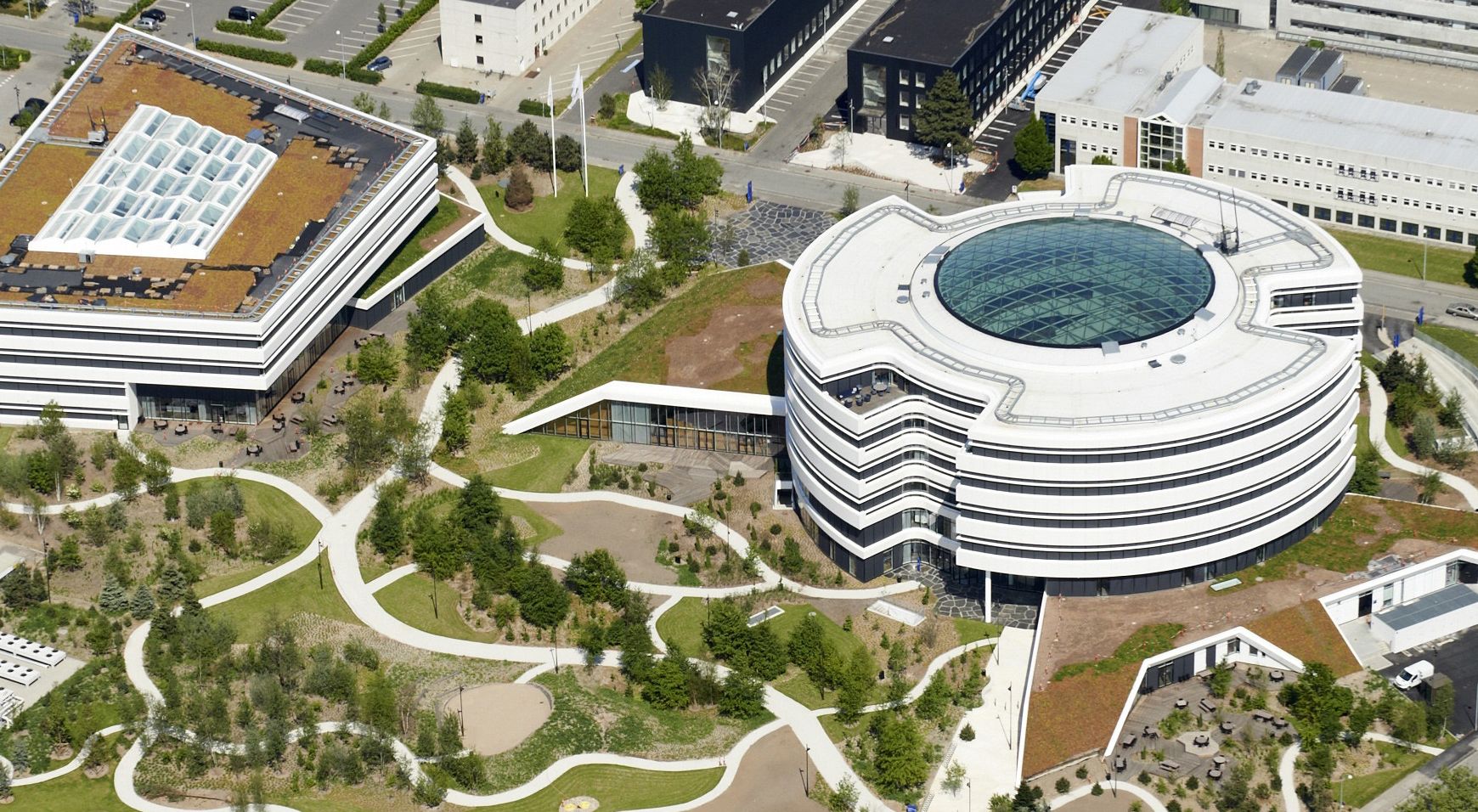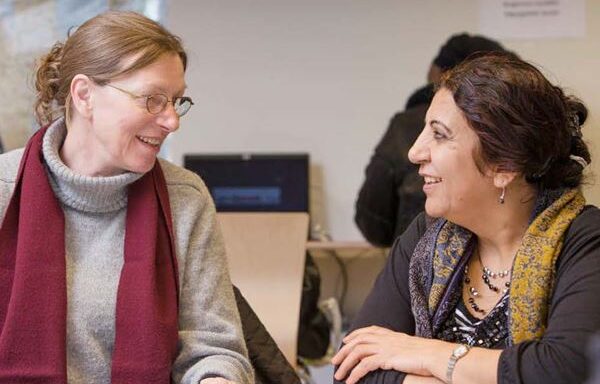The sunbeds are out and the beach umbrellas are properly distanced. You may need to swap scarves for face masks, but much of Europe is already open for travel.
The world’s most visited continent was initially a patchwork of reopenings with air bridges and travel bubbles.
But many European countries are now luring in tourists and there is greater clarity on travel rules thanks to the Re-open EU platform.
Crowdless fun
It’s Europe like travellers have never seen before, and it’s devoid of crowds.
Working with local tourism offices, travel website European Best Destinations has named the safest destinations based on COVID-19 cases and hygiene protocols.
Bid adieu to the Louvre and save your coins for a later trip to the Trevi Fountain. Many of these stops are not your usual attractions.
Greece
The Mediterranean nation is emerging as a rare coronavirus success story. With a strict and early lockdown, Greece kept deaths and cases low and presents itself as the safest European destination. Starting July 1, direct international flights to the country will resume. The city of Preveza is a must-visit for family holidays with sumptuous cuisine and sejours in a villa or tourist apartment. It also has one of Europe’s longest beaches, Monolithi Beach, which makes social distancing an easy feat. There is also the idyllic island of Corfu, which offers pristine beaches, wine-tasting excursions and a private palace tour.
Croatia
Among the European countries least affected by the coronavirus and with the highest number of hospital beds per inhabitant, Croatia is not just a safe option but also a cultural gem. Its capital Zagreb offers thousands of terraces, gorgeous parks, cobblestone streets and ancient towers. Next stop is the port city of Rijeka, the 2020 European Capital of Culture. It has a diverse collection of medieval castles as well as clean, blue beaches. There too is the southernmost resort of Cavtat, famous among celebrities, lovers and families. Visitors can enjoy hidden coves, long walks by the sea, dancing and ATV safari.
Romania
Those into slow, stress-free tourism can find solace in Romania, which took quick measures to manage the coronavirus impact. Head to the city of Oradea, one of Europe’s best medieval destinations. It is a capital of art nouveau architecture and has a wide array of museums, craft workshops and restaurants. Families can enjoy the Nymphaea Aqua Park with slides for children and turkish baths for adults. The city of Sibiu, meanwhile, is home to walls from its 12 century past as a former Germanic citadel. Awarded three Michelin stars, the gastronomic destination draws history buffs and fans of outdoor activities.
Poland
EU citizens can enter Poland without any hassle, and its capital Warsaw also boasts a low crime rate. Trendy cafes, bars and an old town renovated from the Second World War are just some of its attractions. Lovers of classic music, particularly of Chopin, will relish their time in museums, tours and manors dedicated to the celebrated pianist. Tourists cannot skip Gdansk, the Pearl of the Baltic. The city has historic districts of rare beauty complete with patrician houses. There are also sandy beaches and parks for those who prefer being close to nature.
Austria
Travellers from Denmark can enter or leave Austria without restrictions. Vienna is ideal for history buffs and fans of jazz, waltz and classical music as live concerts have resumed in time for Beethoven Year 2020. The city’s art hotels make guests feel like they are living in a museum and spending the night with Andy Warhol. The coffee house tradition is also back and tourists can hit Hotel Sacher to take a slice of the Sacher Torte, known as the world’s most famous chocolate cake. Nature parks and wine hills offer an escape for those tired of city life.
Slovenia
Slovenia welcomes tourists from Denmark. The Alpine valley of Bohinj is its green lung, considered one of Europe’s best sustainable destinations. Its hiking and mountaineering trails attract trekkers, while the Triglav National Park has thousands of animal and plant species, including wild flowers of magnificent colours. The blue-green waters of Lake Bohinj are a haven for those who want to chill out or go kayaking, canyoning and paragliding. A country known for healthy waters and spas, Slovenia provides a soothing experience in the only European country where the Alps, the Mediterranean and the Pannonian Plain can all be found.
